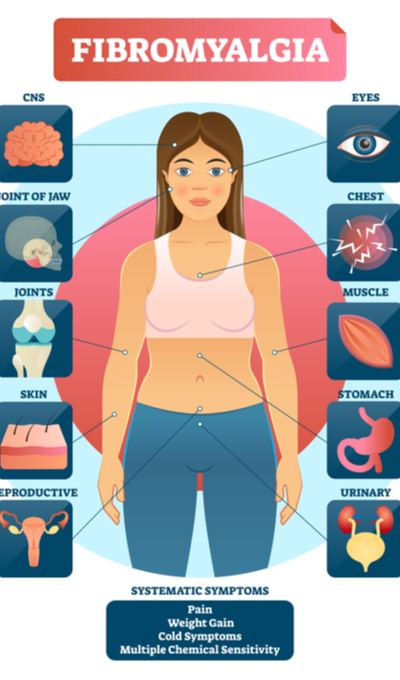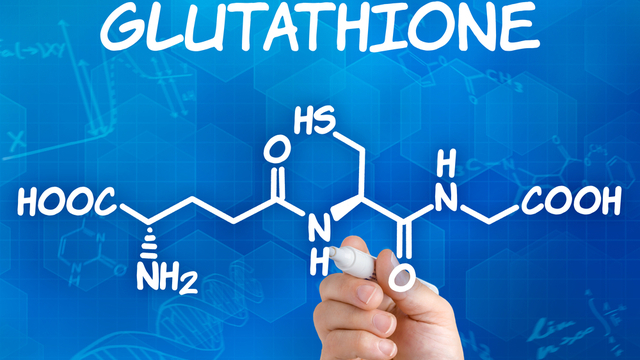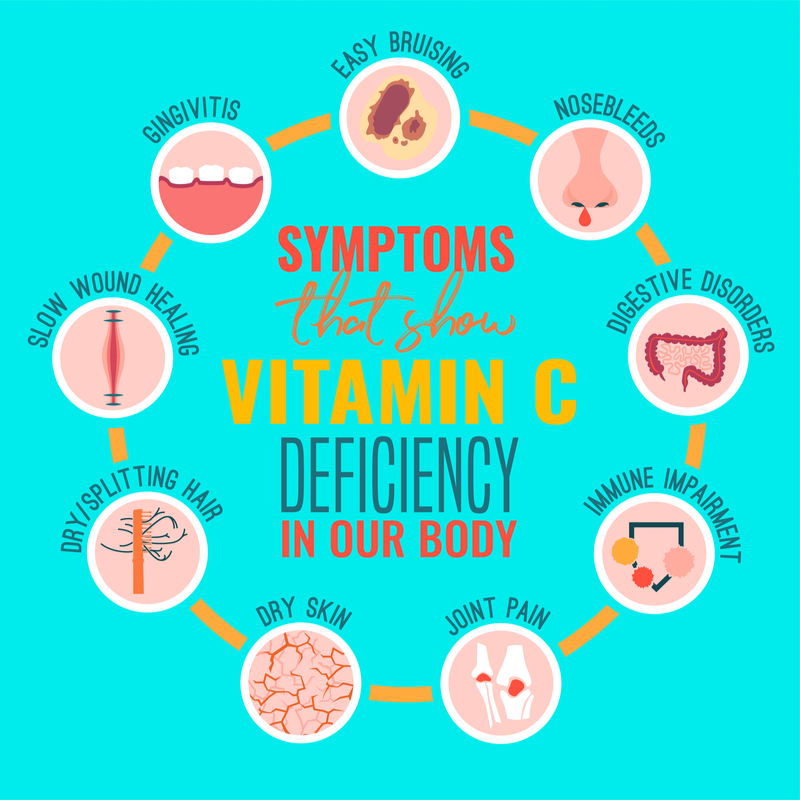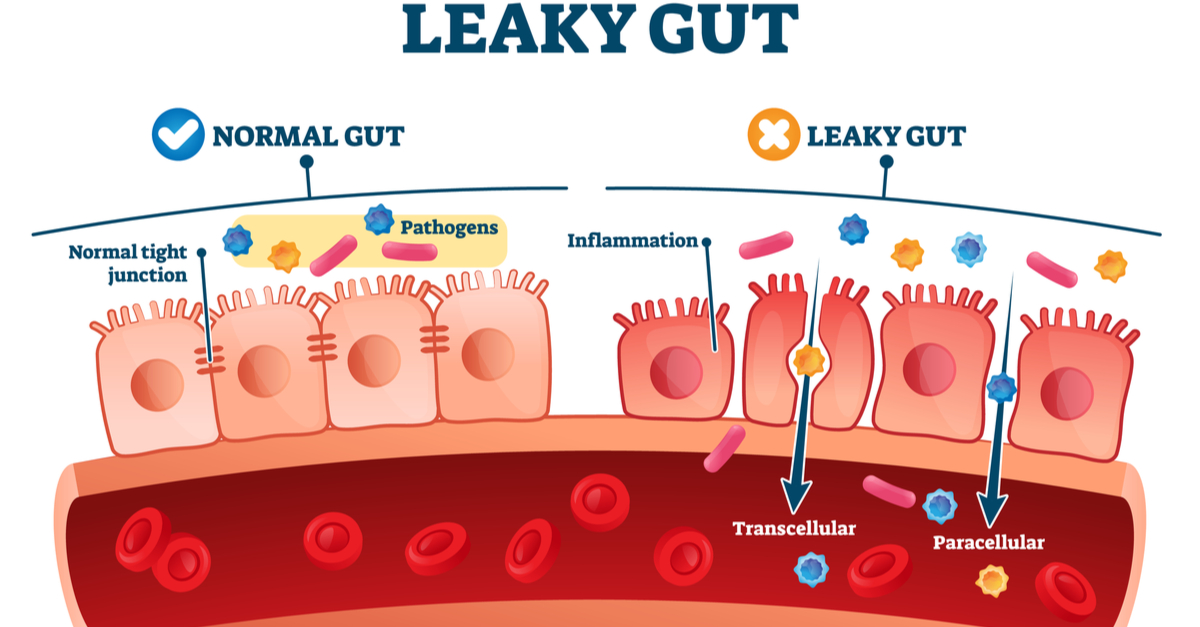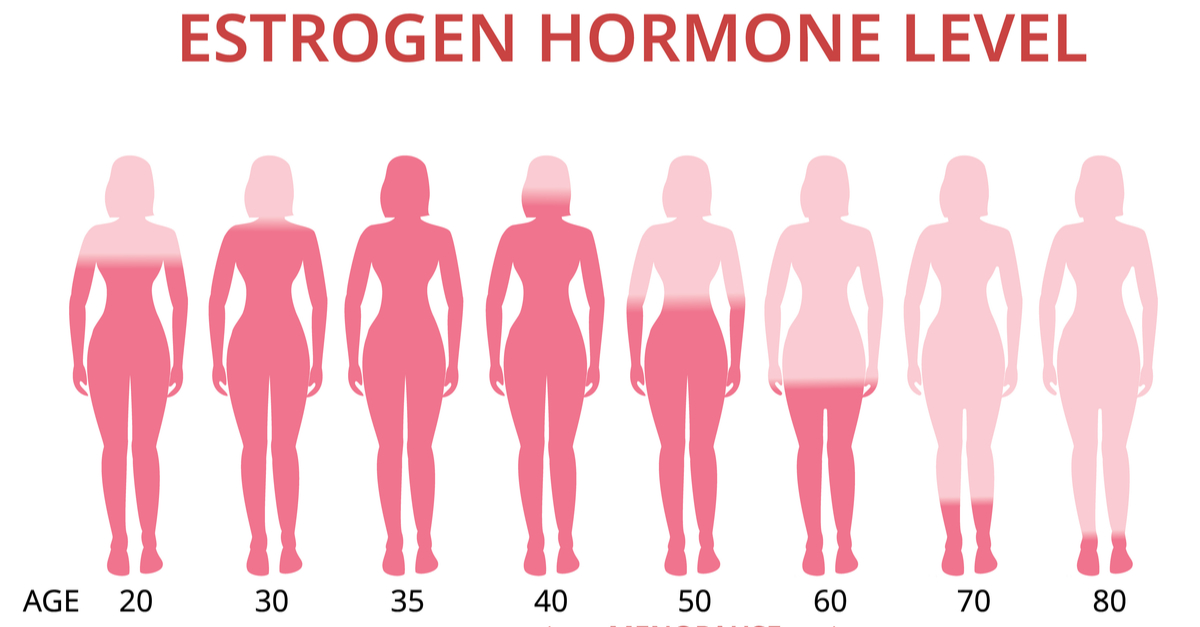Fibromyalgia Symptoms and Treatments
Fibromyalgia Symptoms, Treatments And What You Can Do About It Starting Today!
In this article we’re going to cover:
- Symptoms of Fibromyalgia
- What causes Fibromyalgia
- What Nutrients You Can Take To Help Fibromyalgia
- How IV Therapy Can Help
Fibromyalgia affects 2% of Canadians, with about 80-90% of those being female…that’s close to 600 000 women in Canada! Even with these numbers some Doctors still dismiss Fibromyalgia as being ‘all in your head’. This is definitely NOT the case!
If you have been diagnosed with fibromyalgia, you are not alone.
Before you get into this article, if at anytime you want to speak to one of our Toronto Naturopathic Doctors about Fibromyalgia we have a free consultation call available. Click here to book one.
Before we get into Treatments, let’s take a look at the Fibromyalgia Symptoms.
What Are The Top 10 Symptoms of Fibromyalgia?
- Pain
- Can be felt in one area or many areas throughout the body
- Can be made worse when firm pressure is applied to soft tissues, or sometimes with gentle pressure such as a hug
- Fatigue
- Muscle weakness
- Sleep disturbances
- Mood changes (irritability, anxiety, depression)
- Difficulty concentrating
- Brain fog and Memory issues
- Gastrointestinal issues (constipation, diarrhea, IBS)
- Sensitivity to bright light, loud sounds, and smells
- Headaches
What causes Fibromyalgia Symptoms?
Fibromyalgia symptoms may develop after an illness, trauma, or a stressful or emotional experience; although, this is not always the case often leaving the cause unknown.
Research suggests that for people with fibromyalgia, the body’s pain messages are delivered in an abnormal way; the volume gets amplified and turned up putting the nervous system into overdrive.
The brain has difficulty processing this amplified message, which has been linked to the chronic and widespread pain experienced by people.
In addition, dysfunction (when things don’t work as well as they should) within a few key systems seem to be a recurring theme for those with fibromyalgia.
These include dysfunction within the mitochondria- the energy powerhouses of the cells, the master switchboard – the hypothalamus, and dysfunction within the immune system.
Mitochondrial dysfunction, or impaired energy production can help explain the lack of energy, fatigue, and muscle shortening seen with people who suffer from fibromyalgia.
Dysfunction within the hypothalamus can cause abnormal controls signals leading to disrupted sleep, which then affects hormones, rest, and tissue repair.
In addition, abnormal control signals also affects the way the brain perceives the pain messages.
Furthermore, immune dysfunction leads to altered balance within the immune pathways resulting in excess inflammation.
The big question that remains is, why does this dysfunction occur?
Unfortunately, we do not have all the answers to this question and research continues to develop.
What we do know is that a combination of factors can lead to these systems being damaged including genetic defects in metabolic and detoxification pathways, external stressors from things like infections, toxins, heavy metals, and mental or emotional trauma.
Using IV therapy As A Treatment For Fibromyalgia
IV therapy can be an amazing treatment as part of a client’s treatment plan, alongside lifestyle and nutritional changes.
It can help to fortify and restore dysfunctional systems, and to aid the body’s detoxification pathways. IV therapy bypasses the gut, delivering nutrients directly to cells to increase cellular nutrient concentrations, supporting healthy metabolism, and waste removal.
IV Therapy can also help provide immediate support as dietary and lifestyle changes may take time for individuals to implement and see results from.
The overall treatment goal with fibromyalgia is to eliminate, strengthen, and restore. It is important to help the body eliminate and minimize triggers that could be affecting the key systems identified earlier.
This includes triggers such as stress, infections, toxin / heavy metal exposure, allergies and intolerances. Strengthening systems such as the immune system, adrenals and gut become an important next step.
The immune system’s primary role is to defend the body from invaders; however, an increased production of some of its soldiers, cytokines, can lead to an imbalance and the chronic inflammation seen in fibromyalgia.
Removing both physical and psychological triggers can help lower cytokine levels, alongside additional supports to help reduce inflammation.
Common hormonal imbalances include cortisol dysregulation, sex hormone imbalances, and thyroid disorders – identifying these issues, removing triggers and restoring homeostasis to these pathways can have profound effects.
Healing the gut is another key part of treatment, as a leaky gut has been implicated for many patients with fibromyalgia. Targeted nutrients can help heal and tune up the energy powerhouses, the mitochondria, to restore cellular energy.
Given the complexities of this condition and how unique it is to each individual, the IV Therapy treatment plan will look different for every person.
Important Nutrients Targeted in IV Therapy For Fibromyalgia:
Here is a list of potential nutrients that would be included in your IV Therapy treatment and how they help with fibromyalgia relief.
Copper: Copper deficiencies can affect how pain is perceived in the body, heightening the response. In addition, a copper deficiency has been associated with increased incidence of infections, and immune dysregulation.
Magnesium: One of the most common mineral deficiencies in those with fibromyalgia. It is a cofactor in hundreds of enzymes, including those involved with energy production in the mitochondria.
A deficiency also can cause excessive muscle tension, muscle spasms, and restlessness.
Additionally, it plays a role in nerve conduction and function, and the regulation of emotional reactions. It has been found that IV supplementation with magnesium can dramatically increase serum levels compared to oral supplementation, and increase the amount that is able to enter into cells.
Selenium: A deficiency with selenium has been associated with muscle pain, playing a role in modifying free radical damage to cells.
Zinc: An important mineral for proper immune function, and the development of white blood cells (the soldiers in our immune system army).
Vitamin C: IV Vitamin C has been shown to improve pain, improve fatigue, and help improve detox pathways. With oral supplementation, the amount of Vitamin C that can be absorbed is limited. IV Vitamin C allows for much larger doses to be administered, allowing for a greater amount to enter into circulation and reach our cells which is where we see benefit.
Glutathione: Glutathione is our master antioxidant in the body. It has anti-viral properties, and is also key in helping to make sure our bodies can eliminate toxins effectively. Glutathione levels can become depleted after accumulated exposure to toxins, heavy metals, and infections and thus become even more critical to replenish in these situations. In addition, it also plays a role in the overall function of muscle tissue.
Taurine: Taurine is an amino acid that helps to control the concentration of certain minerals in our cells (sodium, potassium, calcium, magnesium, and chlorine). Taurine supplementation, alongside magnesium can have an additive muscle relaxation effects.
Carnitine: L-Carnitine is an amino acid that plays an essential role in energy production and optimal mitochondrial function.
Alpha Lipoic Acid: A key antioxidant in helping to regulate glutathione levels in the liver and other tissues, assisting in our body’s detox pathways. Alpha Lipoic acid has also been found experimentally to help regulate cytokine levels, and thus reduce inflammation.
Vitamin B5: Required for energy production.
Vitamin B6: Helps to normalize thiamine levels, and can be helpful for muscle spasms. It is also required for the conversion of tryptophan to serotonin, our feel good neurotransmitter. This neurotransmitter has been found to be low in those with fibromyalgia.
Vitamin B12: Has been shown to help reduce muscle cramping and muscle pain. In addition, it also plays an important role in ensuring optimal function of the brain and nervous system.
B-complex (thiamine, niacinamide, riboflavin, B5, B6): Has been shown to decrease pain at the level of the pain receptors.
Folate: A deficiency in folate has been linked to peripheral neuropathy. Malabsorption of folate has also been found in those with GI disturbances (leaky gut, IBS).
NAC: A glutathione precursor that can help assist the body’s detox pathways, and reduce inflammation.
Overall hydration provided by the IV Drip formula can also be beneficial for patients with fibromyalgia. Dehydration has been found to aggravate many of the symptoms experienced by those with fibro. Our Naturopathic Doctors have been trained on how to adjust the osmolarity of the IV solution, to allow water entry into the cells for proper rehydration and optimal benefits.
Additional Nutrients that are Important in Fibromyalgia:
Vitamin D: Research has found that the majority of fibromyalgia patients are deficient in Vitamin D. Achieving optimal levels of Vitamin D can help reduce musculoskeletal pain, assist in hormone balance, and in optimal immune functioning.
CoQ10: CoQ10 plays a crucial role in how cells produce energy. Some research has indicated that supplementation with CoQ10 can help restore mitochondrial function, optimize energy production, and reduce the symptoms experienced with fibromyalgia.
Iron: Research has shown a possible association between fibromyalgia and decreased ferritin levels. Iron is a cofactor for both serotonin and dopamine production, involved in the etiology of fibromyalgia. Repletion of iron stores (ferritin levels over 40, optimally between 50-75) either by oral supplementation, or injectable when warranted, can help replete both mitochondrial and hematologic iron stores.
Our Naturopathic Clinic in Toronto has care providers and Naturopathic Doctors that have experience in helping people with fibromyalgia reduce their pain, and improve their energy.
You are not alone in this fight, and there are treatment options for you! Speak to a member of our team today to see how IV therapy and naturopathic medicine can help you feel in control again.
You can book a Free Consultation and speak to a Naturopathic Doctor by clicking here.
References:
https://pubmed.ncbi.nlm.nih.gov/17515022/
https://www.ncbi.nlm.nih.gov/pmc/articles/PMC2894814/
https://www.carepath.ca/living-with-fibromyalgia/
https://rheum.ca/resources/publications/canadian-fibromyalgia-guidelines/

